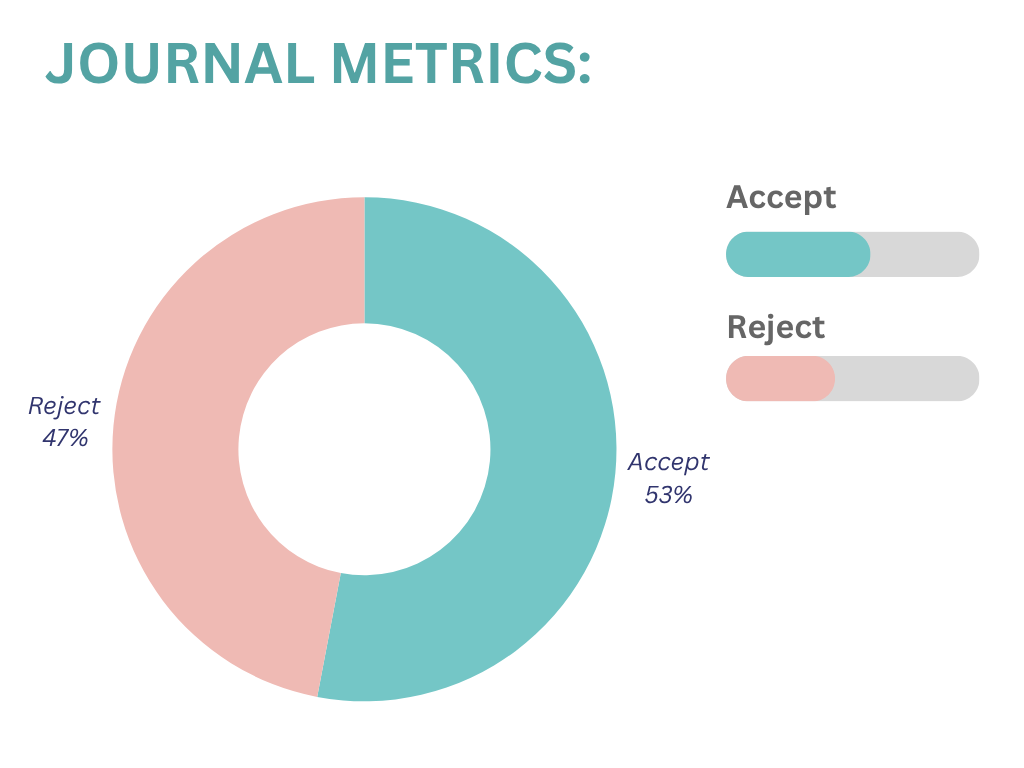A Fuzzy Goal Programming Approach for Solving Multi-Objective Minimum Cost Flow Problems with Possibilistic Coefficients
Abstract
This paper studies a multi-objective Minimum Cost Flow (MCF) with possibilistic objective function coefficients. A necessary and sufficient condition for investigating the α-possibly optimal solution is established. A fuzzy Goal Programming (GP) approach is applied to obtain the α-parametric optimal compromise solution. The parametric study under the concept of α-possibly optimal solution is analyzed without differentiability. Finally, a numerical example is given for the paper to clarify the methodology.
Keywords:
Minimum cost flow, Multi-objective optimization, Possibilistic variables, Fuzzy goal programming approach, α-possibly optimal solution, Goal programming, Compromise solution, Parametric analysisReferences
- [1] [1] Magnanti, T. L., & Orlin, J. B. (1993). Network flows. , PHI Englewood Cliffs NJ. Prentice- Hall.
- [2] [2] Jewell, W. S. (1957). Warhousing and distribution of a seasonal product 1 . Naval research logistics quarterly, 4(1), 29–34. DOI:10.1002/nav.3800040107
- [3] [3] Slump, C. H., & Gerbrands, J. J. (1982). A network flow approach to reconstruction of the left ventricle from two projections. Computer graphics and image processing, 18(1), 18–36. DOI:10.1016/0146-664X(82)90097-1
- [4] [4] Sapountzis, C. (1984). Allocating blood to hospitals from a central blood bank. European journal of operational research, 16(2), 157–162. DOI:10.1016/0377-2217(84)90070-5
- [5] [5] Hu, Y., Zhao, X., Liu, J., Liang, B., & Ma, C. (2020). An Efficient Algorithm for Solving Minimum Cost Flow Problem with Complementarity Slack Conditions. Mathematical problems in engineering, 2020, 1–5. DOI:10.1155/2020/2439265
- [6] [6] Kumar, A., & Kaur, M. (2014). A new method for solving single and multi-objective fuzzy minimum cost flow problems with different membership functions. Sadhana - academy proceedings in engineering sciences, 39(1), 189–206. DOI:10.1007/s12046-014-0228-7
- [7] [7] Hamacher, H. W., Pedersen, C. R., & Ruzika, S. (2007). Multiple objective minimum cost flow problems: A review. European journal of operational research, 176(3), 1404–1422. DOI:10.1016/j.ejor.2005.09.033
- [8] [8] Bazaraa, M. S., Jarvis, J. J., & Sherali, H. D. (1990). Linear programming and network flows. John Wiley & Sons.
- [9] [9] Steuer, R. E. (1986). Multiple criteria optimization. Wiley, New York.
- [10] [10] Luhandjula, M. K. (1987). Multiple objective programming problems with possibilistic coefficients. Fuzzy sets and systems, 21(2), 135–145. DOI:10.1016/0165-0114(87)90159-X
- [11] [11] Lee, S. M., & Moore, L. J. (1973). Optimizing transportation problems with multiple objectives. AIIE transactions, 5(4), 333–338. DOI:10.1080/05695557308974920
- [12] [12] Hemaida, R. S., & Kwak, N. K. (1994). A linear goal programming model for trans-shipment problems with flexible supply and demand constraints. Journal of the operational research society, 45(2), 215–224.
- [13] [13] Tamiz, M., Jones, D., & Romero, C. (1998). Goal programming for decision making: An overview of the current state-of-the-art. European journal of operational research, 111(3), 569–581. DOI:10.1016/S0377-2217(97)00317-2
- [14] [14] Romero, C. (2014). Handbook of critical issues in goal programming. Elsevier.
- [15] [15] Li, L., & Lai, K. K. (2000). A fuzzy approach to the multiobjective transportation problem. Computers & operations research, 27(1), 43–57.
- [16] [16] Abd El-Wahed, W. F. (2001). A multi-objective transportation problem under fuzziness. Fuzzy sets and systems, 117(1), 27–33.
- [17] [17] Bit, A. K., Biswal, M. P., & Alam, S. S. (1993). An additive fuzzy programming model for multiobjective transportation problem. Fuzzy sets and systems, 57(3), 313–319. DOI:10.1016/0165-0114(93)90026-E
- [18] [18] Chanas, S., & Kuchta, D. (1998). Fuzzy integer transportation problem. Fuzzy sets and systems, 98(3), 291–298. DOI:10.1016/S0165-0114(96)00380-6
- [19] [19] Chanas, S., Kołodziejczyk, W., & Machaj, A. (1984). A fuzzy approach to the transportation problem. Fuzzy sets and systems, 13(3), 211–221.
- [20] [20] Ehrgott, M., & Verma, R. (2001). A note on solving multicriteria transportation-location problems by fuzzy programming. Asia-pacific journal of operational research, 18(2), 149–164.
- [21] [21] Chalam, G. A. (1994). Fuzzy goal programming (FGP) approach to a stochastic transportation problem under budgetary constraint. Fuzzy sets and systems, 66(3), 293–299.
- [22] [22] Lai, Y.-J., Hwang, C.-L., Lai, Y.-J., & Hwang, C.-L. (1994). Fuzzy multiple objective decision making. Springer.
- [23] [23] Cui, J., An, S., & Zhao, M. (2014). A generalized minimum cost flow model for multiple emergency flow routing. Mathematical problems in engineering, 2014. DOI:10.1155/2014/832053
- [24] [24] Hussein, M. L. (1992). On convex vector optimization problems with possibilistic weights. Fuzzy sets and systems, 51(3), 289–294. DOI:10.1016/0165-0114(92)90019-Z
- [25] [25] Kassem, M. A. E.-H. (1998). Stability of possibilistic multiobjective nonlinear programming problems without differentiability. Fuzzy sets and systems, 94(2), 239–246.
- [26] [26] Leberling, H. (1981). On finding compromise solutions in multicriteria problems using the fuzzy min-operator. Fuzzy sets and systems, 6(2), 105–118. DOI:10.1016/0165-0114(81)90019-1
- [27] [27] Abd El-Wahed, W. F., & Lee, S. M. (2006). Interactive fuzzy goal programming for multi-objective transportation problems. Omega, 34(2), 158–166.
- [28] [28] BELLMAN RE, & ZADEH LA. (1970). Decision-Making in a Fuzzy Environment. Management science, 17(4), B--141. DOI:10.1142/9789812819789_0004
- [29] [29] Zimmermann, H. J. (1978). Fuzzy programming and linear programming with several objective functions. Fuzzy sets and systems, 1(1), 45–55. DOI:10.1016/0165-0114(78)90031-3
- [30] [30] Sakawa, M. (1993). Fuzzy Sets and Interactive Multiobjective Optimization. , Fuzzy Sets and Interactive Multiobjective Optimization. Springer science & business media.
- [31] [31] Ghatee, M., & Hashemi, S. M. (2009). Application of fuzzy minimum cost flow problems to network design under uncertainty. Fuzzy sets and systems, 160(22), 3263–3289. DOI:10.1016/j.fss.2009.04.004
- [32] [32] Bustos, A., Herrera, L., & Jiménez, E. (2014). Efficient frontier for multi-objective stochastic transportation networks in international market of perishable goods. Journal of applied research and technology, 12(4), 654–665. DOI:10.1016/S1665-6423(14)70082-3
- [33] [33] Alharbi, M. G., Khalifa, H. A. E. W., & Ammar, E. E. (2020). An Interactive Approach for Solving the Multiobjective Minimum Cost Flow Problem in the Fuzzy Environment. Journal of mathematics, 2020, 1–7. DOI:10.1155/2020/6247423


